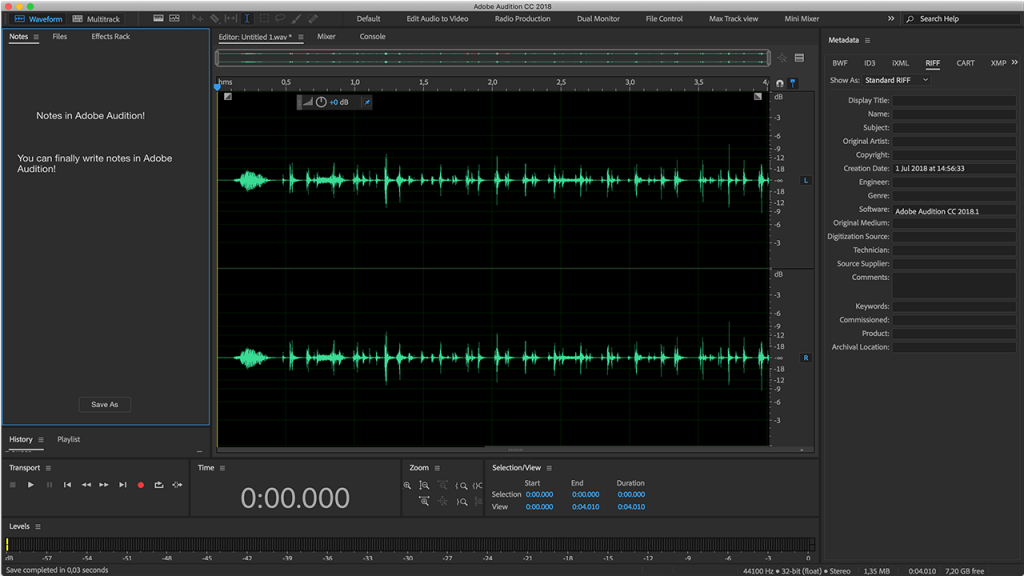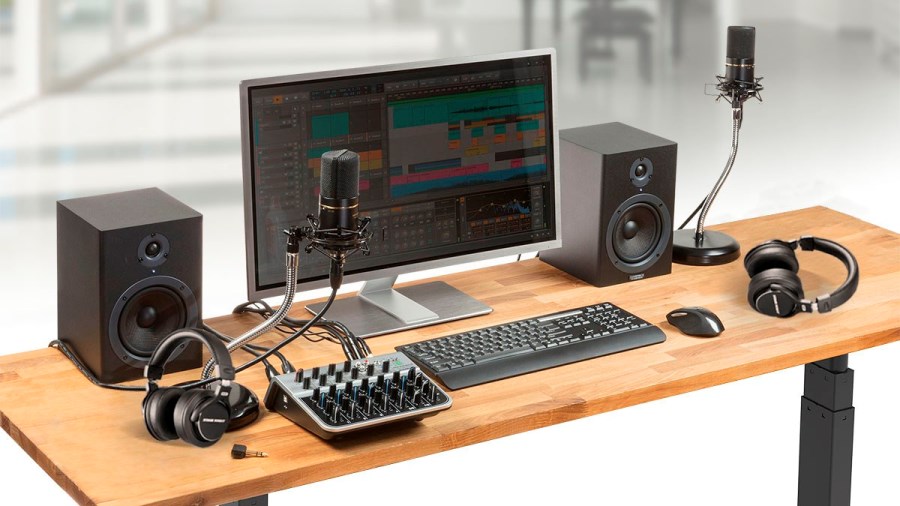Creating quality audios is not as easy as it looks. Luckily, you don’t need to have a lot of technical know-how to produce the kind of content that people will enjoy listening to and all you simply need is the right equipment.
In this post, I want to share with you some of the most important equipment that will help you get started with your Podcast show. They will make your life as a podcaster easier. They will also save you money and a lot of recording time.
1. Microphones
The most important tool for podcasts you will ever need is a good microphone. It is really important that your listeners can hear you well. If they can’t, they will just stop listening to your audio and will go away without downloading or subscribing to your podcast on whatever platform they are listening from.
If you have bad sound, you have no audience. The microphone is the most important recording equipment you can think of. A good microphone for podcasting has to suppress the background noise and it needs to make your voice as clean as possible.
One of the most popular microphones for Podcaster is the Blue Yeti Pro with an average price of $250-$300. In general, mics from Blue are a common choice among podcasters, but there are other great brands out there that can be patronized. If you’re wondering what kind of microphone you should get, you should check this article on best microphones for podcasting.

Also Read: 7 Features & Qualities Of A Great Podcast.
2. Headphones
Getting a good set of headphones for podcasting is important for creating a high-quality podcast. There are several factors to look for in a pair of high-quality headphones though, which can make it a challenging process to find the right ones for you.
Which headphones are best for podcast creators? There are different levels of headphones depending on your price range. Spending $20-$30 on a pair of affordable earbuds won’t last you long. Spend $100+ on a pair of premium headphones and they’ll last you much longer.
The biggest deciding factors when it comes to buying your own podcast headphones falls down to: comfort, sound isolation, frequency response, wired or wireless and price. Some of the most common headphones among podcasters include Sony MDR7506, Shure SRH440, Audio Technica ATH-M30x, LyxPro HAS-10, and Bose QuietComfort25.

3. Audio Interface
An audio interface is a hardware device that manages the inputs, outputs, and sound processing of your audio equipment. This is basically the bridge between your microphone and your computer. It converts the analog signal from the mic into a digital signal that the computer can use.
An audio interface is similar the Mixer, but a mixer gives you more control over levels, inputs, and outputs of your digital audios. Audio interface are more recommended for beginners while mixers are for Pros.
As a beginner in podcasting, some of the things you need to look out for when getting an audio interface includes Price, Mic inputs, Phantom supply, Output, and Connectivity.

Also Read: Top 5 Free Podcast Hosting Websites In 2019.
4. Editing Software
A Podcast editing or recording software is simply an audio editing package that lets you cut out mistakes, splice together different clips and add in music or sound effects. It also allows you to process your audio with a range of different effects, all of which can make your Podcast sound much better.
Depending on the type of podcast, one may spend a good amount of time editing the podcast to keep only the best bits for the audience. While we cannot help you with the editing work, what we can certainly do is help you find the best software for editing podcast that will make your work a little bit easier.
There are quite a few digital audio software available for you to edit podcasts. Few of the most common ones you can find include Adobe Audition CC, Audacity, Alitu, Hindenburg Journalist, and Reaper. Don’t forget that you need a computer to run this editing software. You also need it to upload your .mp3 files to the hosting service.

5. Podcast Hosting
You need dedicated hosting for your podcast files. It’s a common misconception, but iTunes doesn’t host your actual .mp3 files, they just read an RSS feed and allow people to play your files hosted elsewhere.
You don’t want to put the files on your website host because that can easily make your site come to a crawl, and can cause problems when people try to listen.
Thanks to modern cloud services, the cost of hosting your podcasts audio files on the internet is incredibly getting cheaper. There are lots of fantastic podcasts hosting services out there but very few provide free podcast hosting service with great features.
